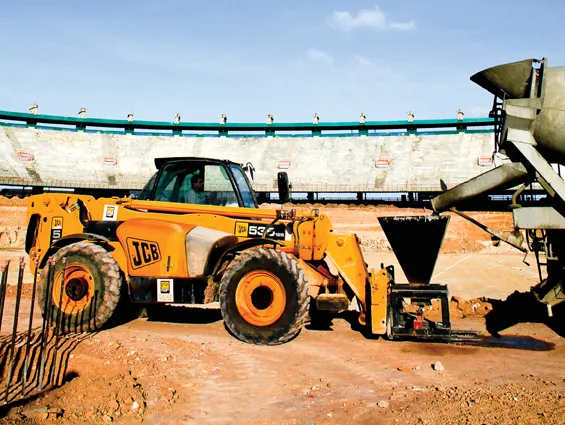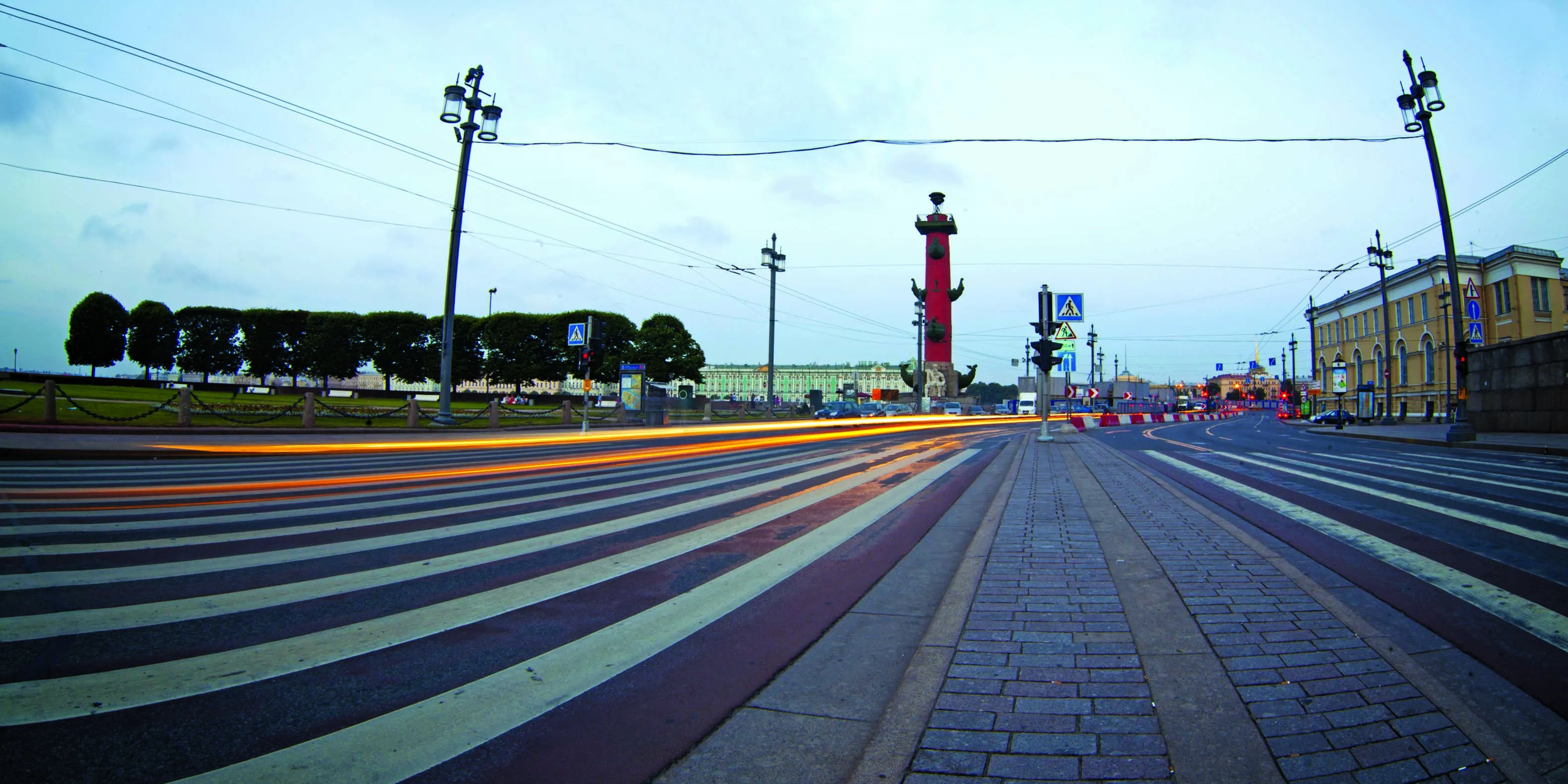The Brazilian Government has announced a US$17.01billion package for new mobility and public transport infrastructure. The huge investment includes the construction of 200km of underground and light tramway lines and more than 600km of new bus lanes. The programme of works, titled 'PAC Mobilidade Urbana Grandes Cidades', is set to benefit people in 51 cities and the metropolitan areas of 18 states.
April 27, 2012
Read time: 2 mins

RSSThe Brazilian Government has announced a US$17.01billion package for new mobility and public transport infrastructure.
The huge investment includes the construction of 200km of underground and light tramway lines and more than 600km of new bus lanes. The programme of works, titled 'PAC Mobilidade Urbana Grandes Cidades', is set to benefit people in 51 cities and the metropolitan areas of 18 states.
The new infrastructure, which will also create 380 new bus terminal stations and see the purchase of more than 1,000 new trains, will be part funded by the Federal state.
Also in Brazil, the Governor of São Paulo, Geraldo Alckim, says the regional road development agency2529 Dersa, has received 25 pre-qualification bids for the tender to build six phases of the north stretch of the Brazilian city’s ring road at an estimated cost of US$3.11 billion, with the International Development Bank among the financiers.
The north stretch of the São Paulo ring road will cover 44km; will interconnect the west and east stretches, and comprises seven tunnels and 111 bridges and viaducts.
Also in Brazil, two255 JCB customers, AMP Locações and MG Porto, have teamed up to provide five JCB machines for the redevelopment of the Governador Plácido Castelo Stadium in the city of Fortaleza, which will host six games at the Brazil 2014 World Cup in 2014. It is being expanded to a crowd capacity of 67,000.
AMP Locações and MG Porto are carrying out demolition and materials handling work on the project and JCB 3CX and JCB 4CX backhoe loaders have been equipped with hydraulic breakers to demolish the stadium’s upper cover; a 1CX backhoe loader is used to access confined spaces, and two JCB Loadall telescopic handlers are also being used.
The huge investment includes the construction of 200km of underground and light tramway lines and more than 600km of new bus lanes. The programme of works, titled 'PAC Mobilidade Urbana Grandes Cidades', is set to benefit people in 51 cities and the metropolitan areas of 18 states.
The new infrastructure, which will also create 380 new bus terminal stations and see the purchase of more than 1,000 new trains, will be part funded by the Federal state.
Also in Brazil, the Governor of São Paulo, Geraldo Alckim, says the regional road development agency
The north stretch of the São Paulo ring road will cover 44km; will interconnect the west and east stretches, and comprises seven tunnels and 111 bridges and viaducts.
Also in Brazil, two
AMP Locações and MG Porto are carrying out demolition and materials handling work on the project and JCB 3CX and JCB 4CX backhoe loaders have been equipped with hydraulic breakers to demolish the stadium’s upper cover; a 1CX backhoe loader is used to access confined spaces, and two JCB Loadall telescopic handlers are also being used.








